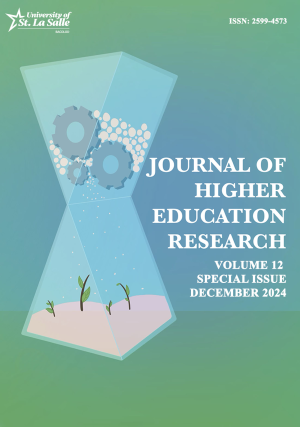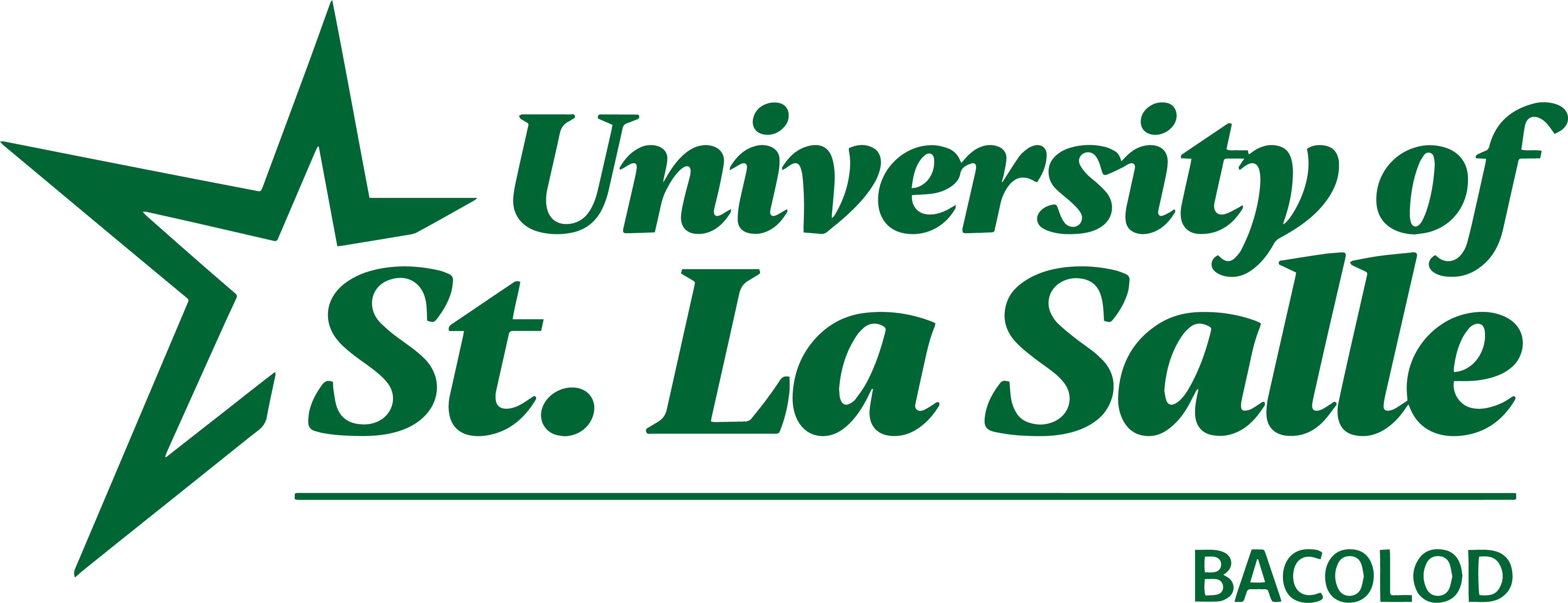Leadership practices and resilience as performance predictors of school managers in the VUCA world
https://doi.org/10.70228/PFREE2024018JHER
Cite this article Read this article
ABSTRACT
In today's rapidly changing environment, educational institutions operate within a VUCA (Volatile, Uncertain, Complex, and Ambiguous) landscape. In such a setting, school managers' leadership practices and resilience are crucial for institutional success. This study aimed to explore how school managers in the Fourth Congressional District of Negros Occidental demonstrate their leadership practices and resilience in the face of VUCA challenges, with teachers' evaluations incorporated to provide comparative insights. A descriptive correlational approach utilizing regression analysis was conducted, selecting 139 school managers and 139 teachers to ensure a balanced dataset. This specific sample size was chosen to enhance the reliability and predictive accuracy of the regression analysis. Additionally, Focus Group Discussions (FGD) were conducted, embedding qualitative data to support quantitative findings. The results showed that school managers rated their leadership practices higher than teachers, indicating a difference in perception between the two groups. Similarly, school managers rated their resilience higher than teachers, though both groups agreed that spiritual-focused resilience was consistently demonstrated. Moreover, the school managers' performance was determined to be outstanding. The study also found that emotion-focused resilience has a weak yet significant relationship with leading strategically, managing school resources, and focusing on teaching and learning. Regression analysis identified leadership practices and school size, especially medium-sized schools, as predictors of school managers' performance. It is recommended that schools forge partnerships and collaborations with the community to improve school processes and deliver quality education in the VUCA world. Additionally, effective communication within schools is essential to ensure cohesive efforts and shared goals among staff and stakeholders.
Keywords: OPCRF, leadership practices, resilience, regression analysis, VUCA world

Volume 12 Special Issue, 2024 EDITION
Published 2024
Editor's Note
Across every level of education, leadership and governance shape the direction, culture, and success of learning communities. In times of change and uncertainty, the strength of our schools depends on leaders who can balance vision with action, empathy with accountability, and innovation with tradition. This Special Issue of the Journal of Higher Education Research turns the spotlight on those leaders—documenting their strategies, challenges, and achievements, and offering practical models for others to follow. Carcueva and Ureta provide a closer look at the Philippine Professional Standards for School Heads (PPSSH), examining how career stages align with leadership practices and performance. Meanwhile, Toreta and Ureta showcase the best practices and qualities of the most outstanding school heads, whose leadership fosters excellence, transparency, and sustainable partnerships. Tingson and Leonor examine the relationship between emotional leadership and teachers’ work engagement, providing insights into how supportive leadership styles impact morale and commitment. Miraflores and Leonor evaluate the Project FREE Paglaum Scholarship Program, revealing its substantial impact on teachers’ professional advancement and career progression. Gomez and Ramos chronicle the “metamorphic transition” of Teachers-in-Charge from classroom educators to effective school leaders. At the same time, Salmorin and Ureta examine leadership practices and resilience as predictors of school manager performance in the dynamic and uncertain VUCA environment. Jalwin and Yap present a structural equation model that links leadership practices, organizational culture, self-efficacy, and school quality, shedding light on the complex interplay among these variables. Amisola and Leonor assess School-Based Management (SBM) practices, advocating for a continuous quality improvement program to strengthen educational autonomy and performance. Celeste and Amparo highlight the influence of spiritual leadership on teachers’ organizational commitment, suggesting that values-driven leadership serves as a catalyst for workplace satisfaction and retention. Collectively, these works reveal that effective educational leadership is not confined to administrative skill—it is rooted in vision, empathy, resilience, and a steadfast dedication to fostering environments where both educators and learners thrive. We extend our deepest gratitude to the authors for their invaluable contributions, to our peer reviewers for their discerning feedback, and to the Publication and Engagement Office led by Dr. Lota Largavista for their unwavering support in realizing this special edition. May the insights in this special issue serve as both a guide and an inspiration—equipping educational leaders and policymakers with the wisdom, courage, and innovative spirit needed to shape schools that not only respond to the challenges of today but also create the possibilities of tomorrow. Sincerely, JOVAL N. MARTINEZ Editor-in-Chief


